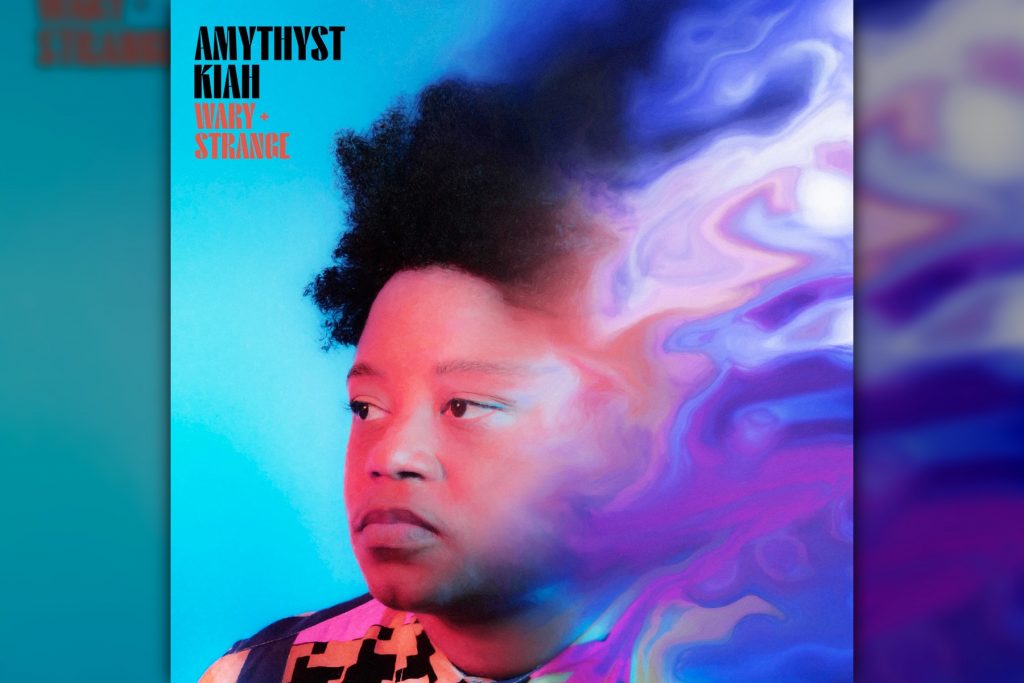Strange, But Not a Stranger: Kiah Roars on Debut
By Rachel Cholst

When Amythyst Kiah and I spoke last September, she was in the midst of packing to head to her recording session for Wary + Strange. She told Country Queer that the album would take her to the “next level,” and I can confidently concur that the Grammy-nominee is going to be heading back to the Staples Center this winter.
The album’s first half traces Kiah’s early career: “Wild Turkey” and “Hangover Blues” have been cornerstones of the singer’s live set for a few years now, and “Blues” appeared on Kiah’s first EP Amythyst Kiah & Her Chest of Glass. Of course, when given the opportunity to boost the production value on one of her greatest hits, why not take it? The production this time around plays to Kiah’s booming voice, and is one of the sparer numbers on this luscious album.
If you’ve already been blown away by Kiah’s reworking of “Black Myself,” know that this is what you should prepare yourself for for the rest of this journey. The skronky “Fancy Drones (Fracture Me)” is a dip into Afrofuturism with a commanding swirl of funk and electronic drum beats, with Kiah musing on the fragility of our hearts as we continue along tired patterns. If Janelle Monae were filtered through the blues, this is likely the result we’d see.
“Tender Organs,” similarly, utilizes the full force of Kiah’s voice in service of a churning, chaotic swirl that daringly defies genre, and the use of a string section on “Sleeping Queen” is tantalizingly indicative of where Kiah will turn her talents next. It is also the rockingest jam ever to namedrop Foucault:
What of this world
Foucault was right, we just discipline and punish
There nothing left, my head, my heart, my hands
are empty, empty,
My head is empty, empty
While the songs are a tour de force of creativity, they are heavy with these themes of isolation and loneliness. Except for “Black Myself,” Kiah is never quite triumphant. The catharsis here, of course, is drawing in those who feel as alienated and strange as she does.